CBD Oil vs. Hemp Seed Oil: Getting to know the difference
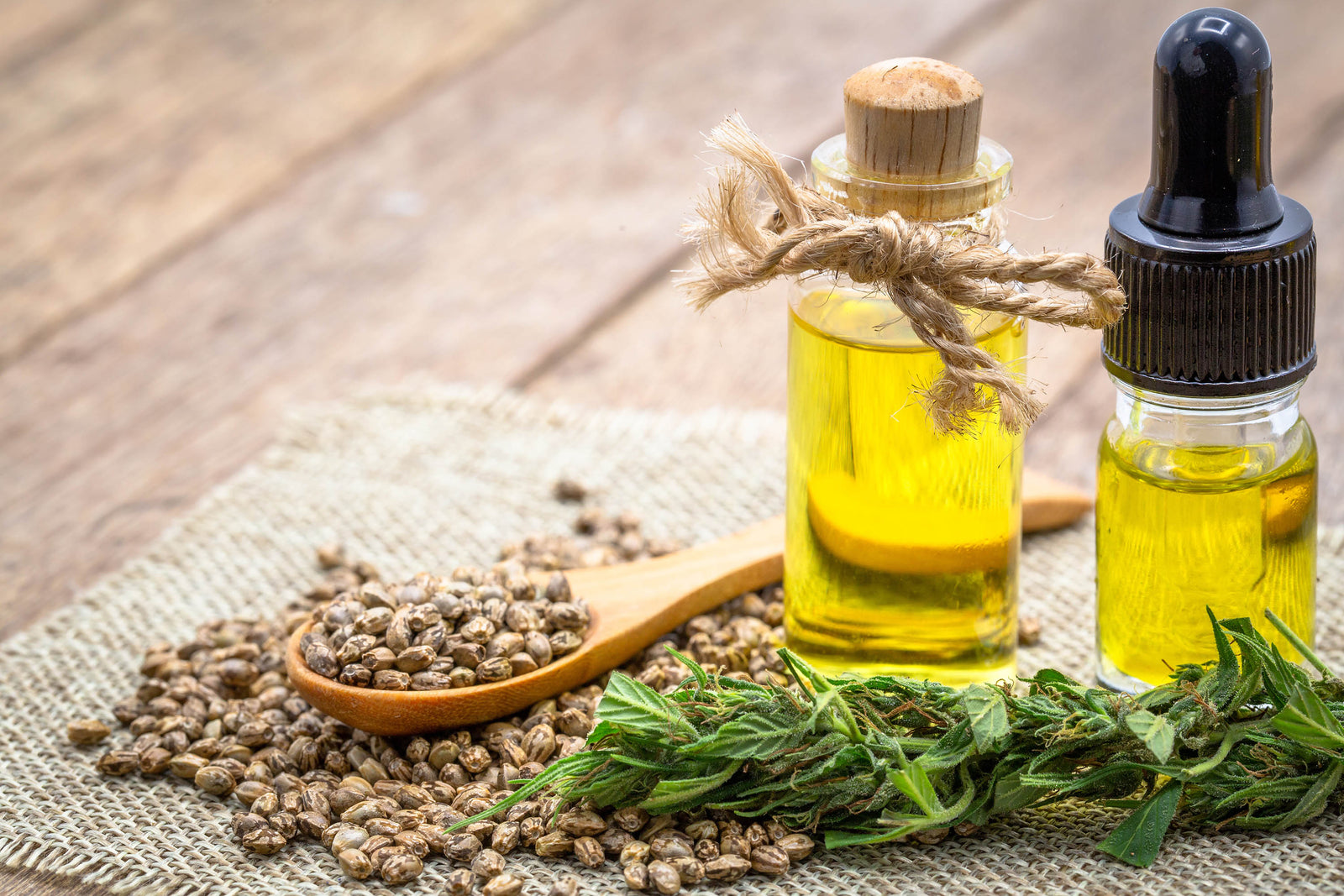

Since the legalization in Canada, these terms have been used more frequently and there has been a rush of cannabis-inspired products that have been flooding the market. While CBD is a new ingredient to many consumers, Hemp Seed Oil has been around for decades. It’s been available and sold in numerous locations from online, health stores, apothecaries, to grocery stores. You can also find Hemp Seed Oil in different applications like cooking products to Skin Care. We have been getting a lot of Private Label requests for Hemp Oil. So understanding the difference of the two are important when it comes to these ingredients.
CBD and Hemp Seed Oil are commonly confused as CBD Oil is being referred to as ‘Hemp Oil’ and sometimes “Hemp Seed Oil” is referred to as ‘Hemp Oil’. It is this terminology that just adds to the confusion. So, we first need to break each down to help understand the difference.
What is Hemp Seed Oil?
Hemp Seed Oil - Also known as (INCI Name) - cannabis sativa seed oil
Hemp Seed oil is a carrier oil and comparative to other carrier oils like sunflower seed oil. These oils are harvested by cold pressing the seeds. Hemp Seed Carrier Oil is high in Omega fatty acids and proteins. It is known to be a fantastic cosmetic grade oil due to its nutrients. It is known for having anti-inflammatory properties, not clogging pores, and providing superior moisturization. It can be added to a product or just used on its own as a face/body oil.
Hemp Seed Oil does not contain CBD, CBG, CBN, or THC which are all contained in actual “Full Spectrum CBD” products. So, this means it has absolutely no cannabinoids in it.
Hemp Seed Oil is being advertised with the same benefits as ‘CBD Oil’ which is simply misleading & not true. If the product doesn’t say CBD on it, then it probably doesn’t contain any.
What is CBD Oil?
CBD - Also known as (Canadian Hotlist Synonyms) Cannabidiol; Cannabinol; Cannabis Sativa Flower Extract; Cannabis Sativa Flower/Leaf/Stem Extract
Cannabidiol (CBD) oil, is extracted from the leaves, flowers, and stalks of the cannabis plant for its production. CBD is one of many chemical compounds produced by cannabis (often referred to as marijuana). CBD oil simply refers to an extract of cannabis or hemp that is formulated to contain high levels of CBD and may capture varying levels of other plant compounds. Products containing only CBD are non-intoxicating, unlike THC-rich products which cause the high commonly associated with cannabis.
CBD content, also known as potency, is expressed as a percentage of milligrams per gram in cannabis. For instance, 12% CBD means that it contains 120 milligrams of CBD per gram of cannabis.
Research into understanding how CBD works is ongoing. CBD has anti-inflammatory and antioxidant properties, making it an effective treatment for inflammatory conditions such as eczema and acne. Since our skin has native receptors for cannabinoids, (Which are a group of active chemical compounds found in the cannabis plant that stimulate balance in our bodies) it allows for the extracts to be instantly and fully absorbed, making it highly effective.
Knowing the difference and understanding what you're buying.
They may both come from the same plant, but they’re significantly different beyond that. The main difference is that hemp seed oil and CBD are two totally different compounds that come from different parts of the hemp plant and have different benefits. With the “green rush,” some brands are jumping on the chance to sell their cannabis-infused beauty products but mixing the terms CBD and hemp seed up, whether it be intentionally or not. Marketing them as the same thing is not accurate and does a disservice to consumers who are expecting to reap the benefits of CBD Oil that Hemp Seed Oil won’t deliver. It’s easy for a brand to add hempseed oil to a product and highlight the word cannabis to make consumers think they’re purchasing a CBD product when it contains no actual CBD at all. Also, some brands may also market their products as hempseed-based to avoid Health Canada and FDA regulations on cannabis or marijuana derived products.
To make sure you’re not falling into any green washing of the Terms Hemp Seed Oil and CBD, it’s key to check the product label. If you’re looking for the unique benefits of CBD, make sure you’re purchasing a product that clearly states that it contains the compound CBD. Watch for brands calling Hemp Seed Oil cannabis sativa oil, this is misleading due to the word cannabis sativa. The INCI (Latin - International Nomenclature of Cosmetic Ingredients) name for Hemp Seed Oil is Cannabis Sativa Seed Oil, so the brand may be misleading the potential consumer in believing something that the product is not.
Understand how to read the ingredients so you are aware of what you’re buying. Hempseed oil will be listed as cannabis sativa seed oil. CBD will usually be listed as cannabidiol, full-spectrum hemp, hemp oil (which again is the confusing term for both), PCR (phytocannabinoid-rich) or PCR hemp extracts. If you see a product labeled as ‘Hemp Oil’ it’s best to check the ingredients and make sure you review the lab test results to confirm the product actually contains CBD. If the product is legit, this should be made available.
Private Label Hemp Seed Inquiries
You can find Hemp Seed Oil in a few of our products, Ultra Skin Balm, Tattoo Balm, Tattoo Cleanser, and we have also applied it to custom products in our Private Label Program. If you are seeking Private Label and would like to add Hemp Seed Oil, ask us about it today.


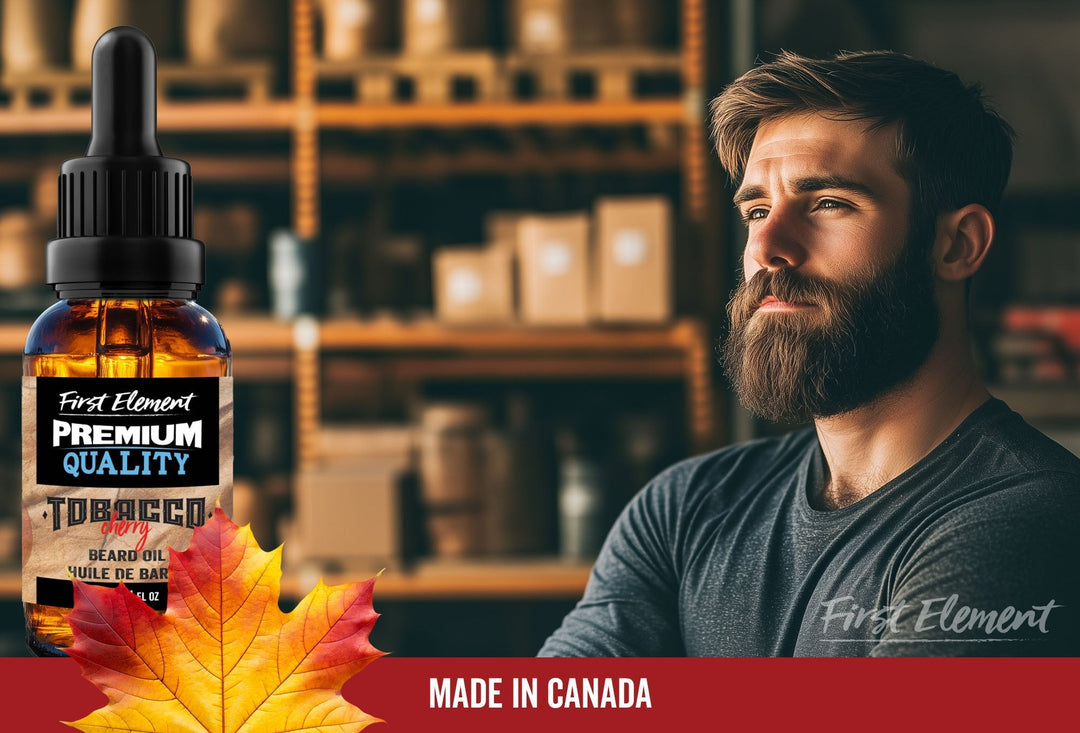
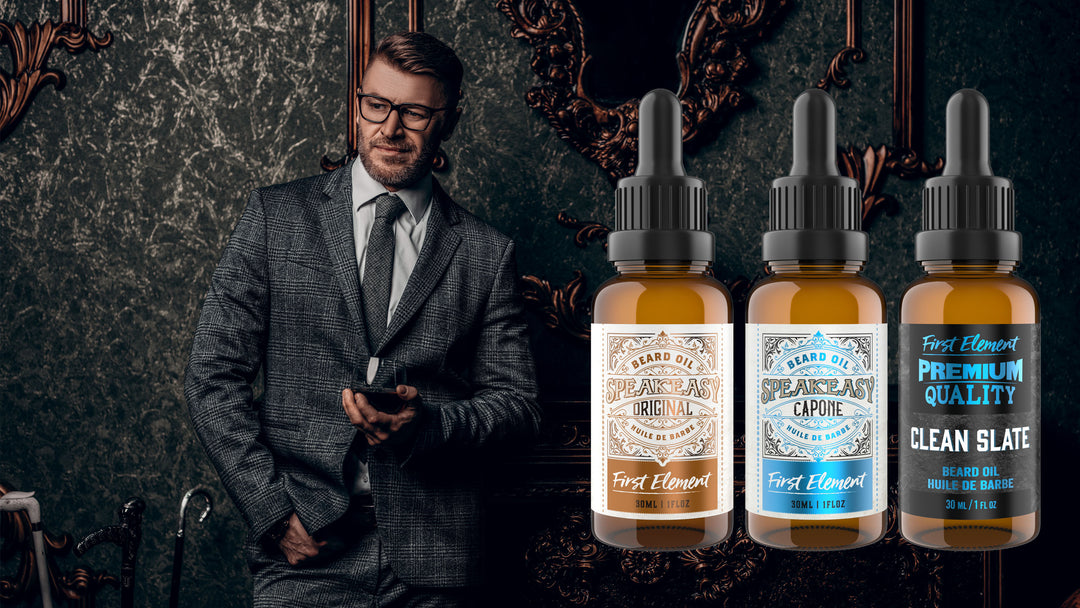
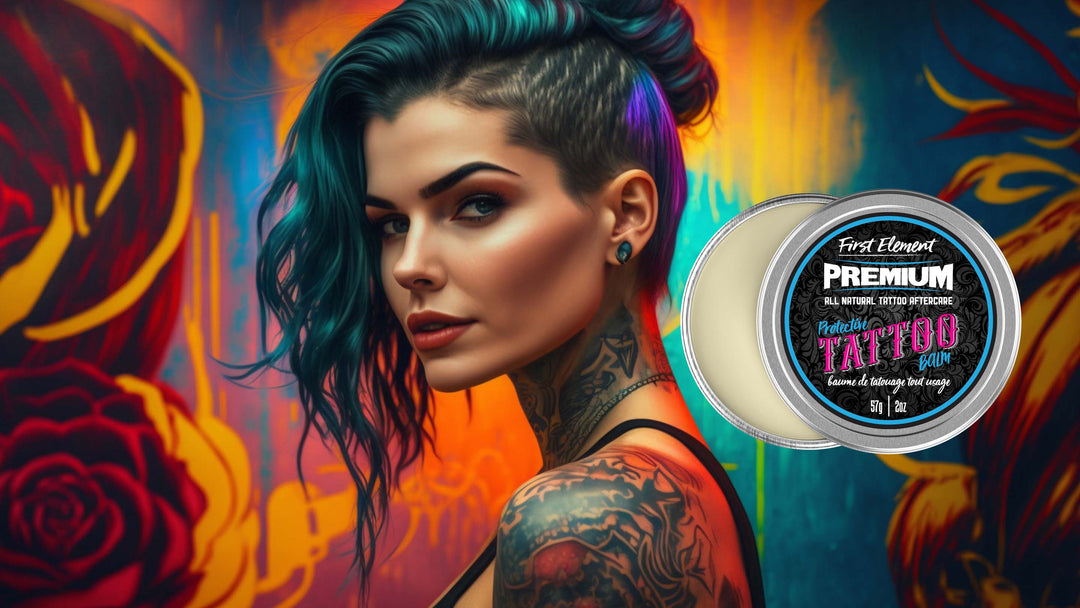
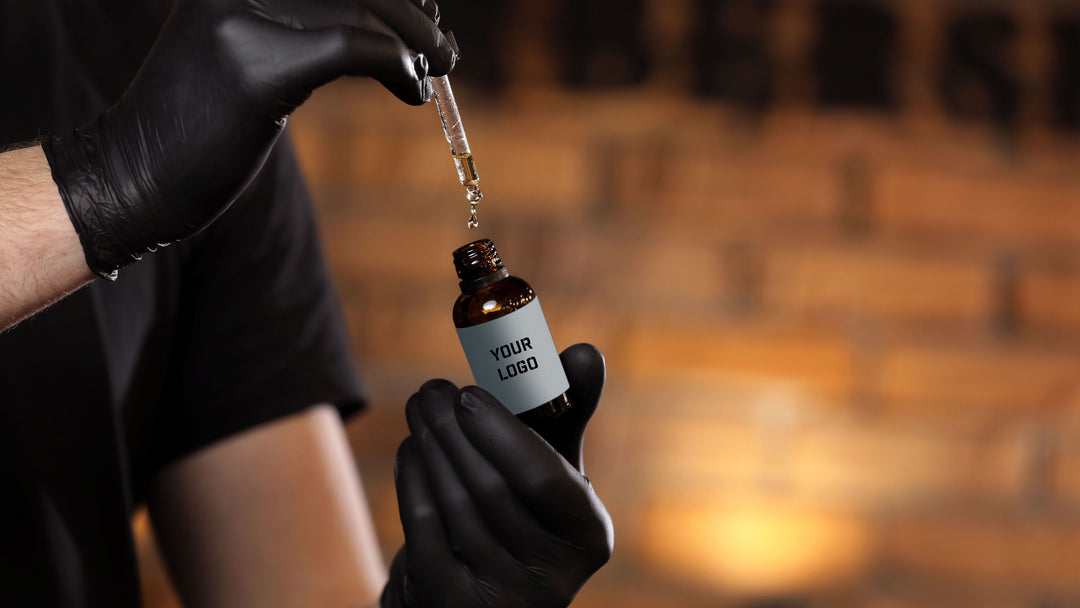
Leave a comment